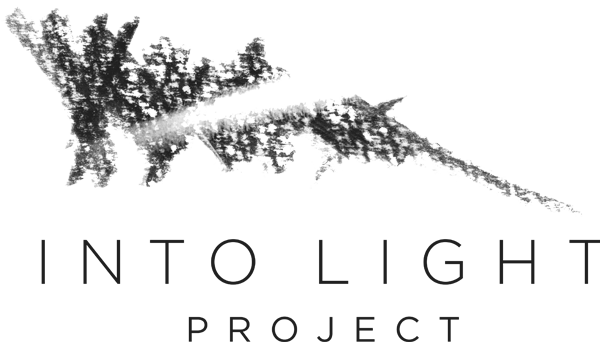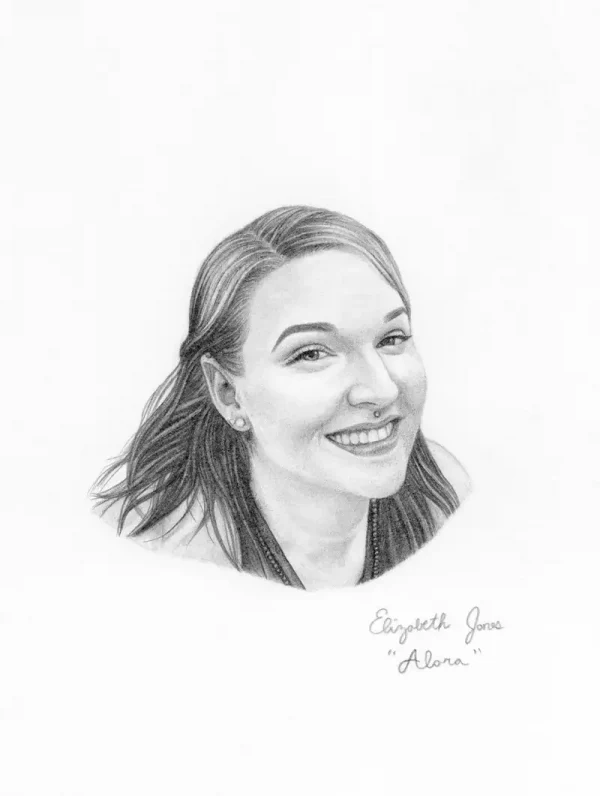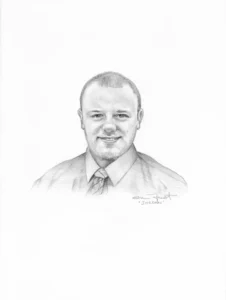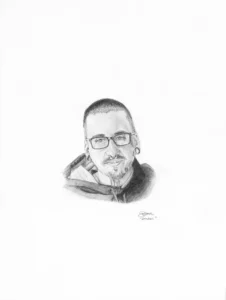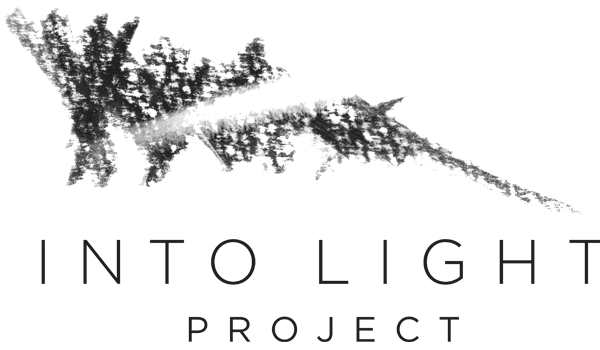The love of my life.
Alora Jade Schwarz was a vibrant soul whose presence lit up the lives of those around her. Her joy spread like wildfire, and her empathy knew no bounds. She was creative, brave, and giving. She had a cosmetology license and was a talented make-up and tattoo artist. Alora’s creativity also extended musically. She taught herself piano and loved finding beautiful songs to share with others, pinpointing the depth of meaning in the lyrics. Alora’s mother, Rozelle, recalls a moment when Alora’s joyful nature and resourcefulness saved the day. Two of Alora’s brothers were struggling to put together a cabinet for their mother. When Alora came over, not only was she able to take the cabinet apart and put it back together properly, but she also had everyone laughing by the end.
As one of six siblings, Alora was always surrounded by people. The Schwarz house was a hangout for many neighborhood kids and Alora remained close with these friends her whole life. Her friends Jesse and Karsyn were considered family. She was central in the lives of her nieces and nephews, helping to raise Colter, Asher, Mercy, Autumn, and Isabella. On a family vacation to Catalina Island, Alora took her nieces diving for fish, a memory they cherish now. She loved traveling, being with family, playing games, and watching movies.
From a young age, Alora knew she was different. She grappled with the truth of her identity early on and bravely owned her queer identity, first coming out as gay and later undergoing the journey of transitioning. Her resilience and self-assurance allowed her to stand tall in the face of hatred and bigotry. Growing up in a conservative Christian family, she was shunned for her identity. Facing abuse from her community and a family member, Alora sought to alleviate this suffering with drugs. She first used marijuana, but later turned to stronger substances to dull her pain. She had a genetic predisposition to obesity, but her insurance would not cover weight loss prescriptions. Thus, drugs served as both a coping mechanism and a form of self-medication.
Alora worked hard in her battle against substance use disorder with the support of her mother, Rozelle. On several occasions, she maintained sobriety and worked with Sober Soldiers to help others in the throes of addiction. As Alora relapsed, Rozelle would fly back and forth from her home in California to Iowa to support her in her struggle. Because Alora was transgender, they were unable to find a rehabilitation center that would accommodate her. Many centers refused her because they did not want her with men because she identified as a woman but also refused to allow her with women. Eventually, her family moved states permanently to provide constant support. Addiction shook the entire Schwarz family as they dealt with the erratic behavior that substance use disorder wrought.
Rozelle continues to honor her daughter’s memory by advocating for greater awareness for individuals struggling with substance use disorder, specifically the unique struggles of victims that are transgender, queer, or homeless, stating: “If I could have gotten her to rehab or a hospital that actually cared it would have possibly saved her life.” She shares Alora’s story in the hopes of preventing similar tragedies and ensuring that all individuals receive the care and support they need to overcome addition.
Alora’s mother, Rozelle Schwarz, provided the information for this narrative.
August 1, 1991-April 15, 2024-Age 33
Portrait Artist: Elizabeth Jones
Narrative Writer: Livia Cohen
